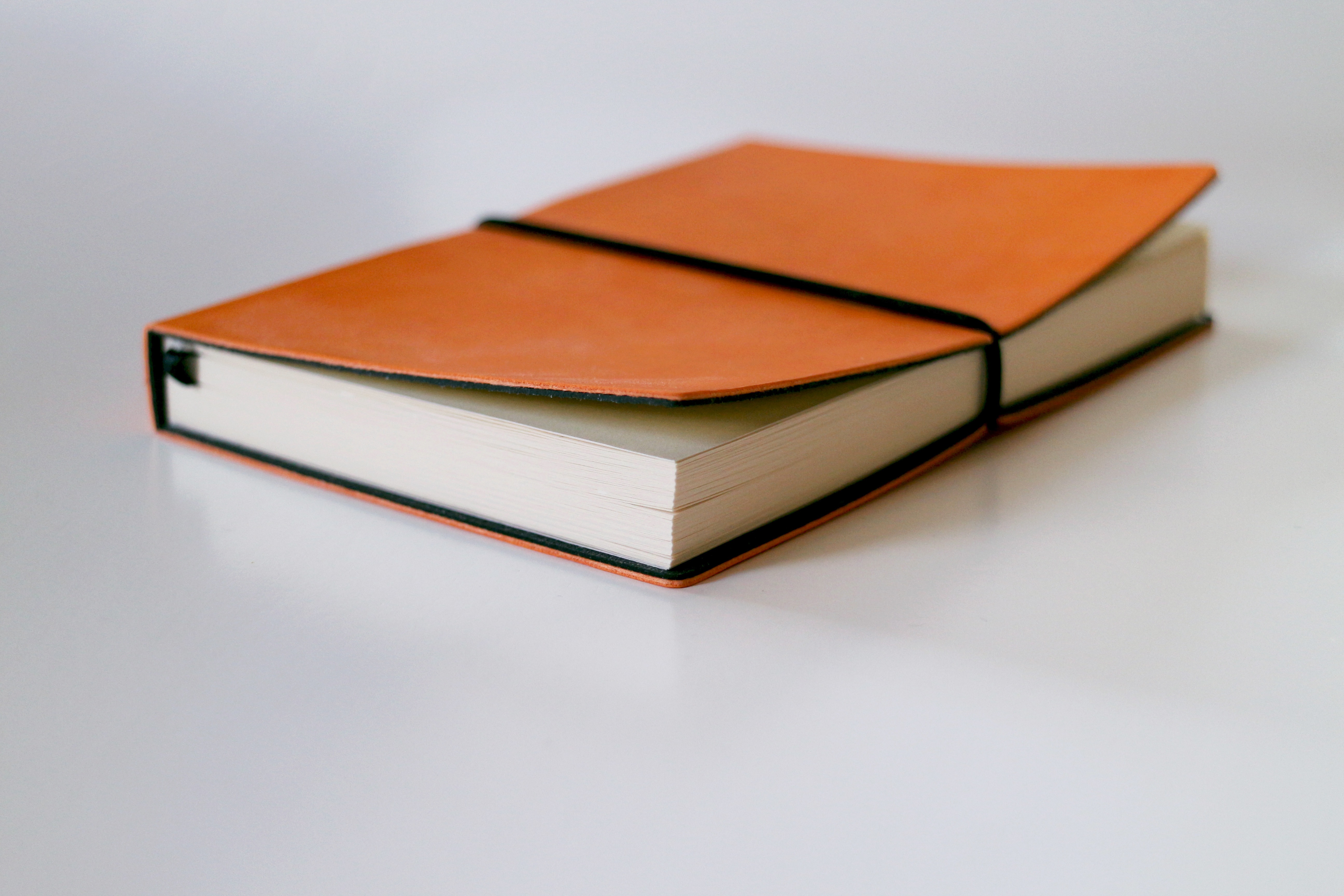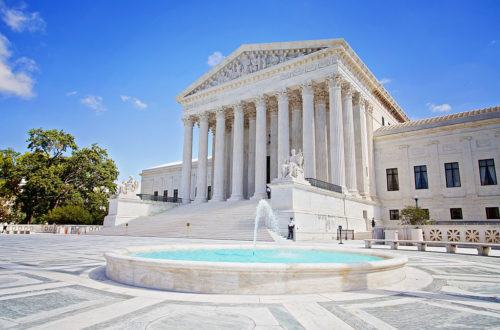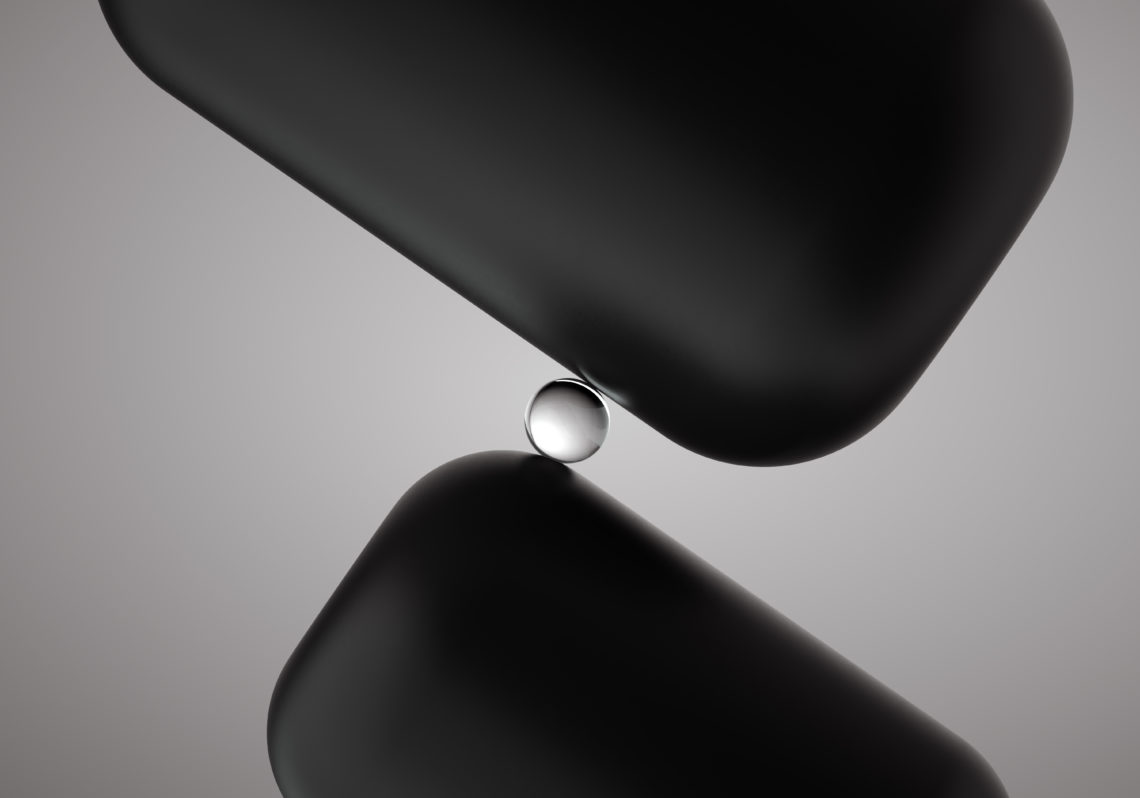The Utility Model (UM) in China has always been a popular choice for patent filing due to its relatively low cost and speed of prosecution. The UM prosecution only includes a preliminary examination, which is essentially a mini (stripped down) version of an invention application’s substantive examination.[1] With the simplified examination process, UMs are typically granted without issue. Unfortunately, this may soon not be the case anymore. Heightened Inventiveness Standard + Formal Search The CNIPA[2] has recently published an official letter in response to a Proposal from a CPPCC member regarding problematic patents and malicious competition based thereon in the lithium battery industry.[3][4] The key messages stated in these letters…
-
-
China Announcing More Proposed Amendments to the Examination Guidelines in 2022
It’s been a year and a half since the new Chinese Patent Law came into effect (1 June 2021). Although various versions of draft Examination Guidelines have been released, thus far no official finalized versions have been confirmed. On October 31, 2022, yet another new list of proposed amendments was published[1], this time consolidating the previous sets of proposed changes from 2020 to 2021 to the Examination Guidelines. As this version looks closer to a finalized version, we are cautiously optimistic that an official set of guidelines may soon be released. As such, we think it’s worth looking a bit more closely into this current draft version. Below are a…
-
US vs CN: Foreign Filing License Requirements
In China, foreign filing requirements are generally very similar to the US — a foreign filing license is required if a foreign application is to be filed first for an invention made in the country. The Chinese equivalent to the US foreign filing license is called a confidentiality examination for foreign filing. According to Chinese Patent Law Article 19 (previously Article 20), if a foreign application is to be filed for an invention made in China, the applicant must submit a request to conduct a confidentiality exam to the CNIPA in advance. The CNIPA will determine whether the invention (for simplicity, the term “invention” includes invention and utility models in…





